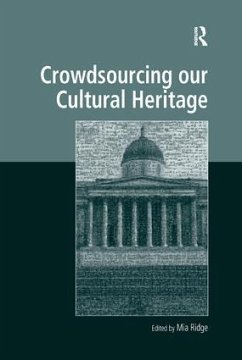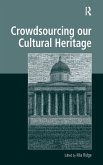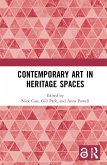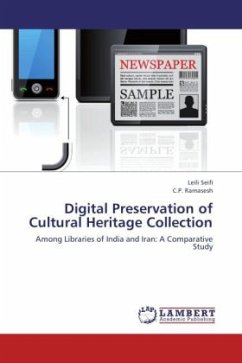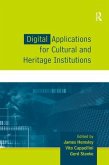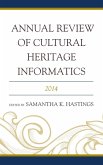Crowdsourcing, or asking the general public to help contribute to shared goals, is increasingly popular in memory institutions as a tool for digitising or computing vast amounts of data. This book brings together for the first time the collected wisdom of international leaders in the theory and practice of crowdsourcing in cultural heritage. It features eight accessible case studies of groundbreaking projects from leading cultural heritage and academic institutions, and four thought-provoking essays that reflect on the wider implications of this engagement for participants and on the institutions themselves. Crowdsourcing in cultural heritage is more than a framework for creating content: as a form of mutually beneficial engagement with the collections and research of museums, libraries, archives and academia, it benefits both audiences and institutions. However, successful crowdsourcing projects reflect a commitment to developing effective interface and technical designs. This book will help practitioners who wish to create their own crowdsourcing projects understand how other institutions devised the right combination of source material and the tasks for their 'crowd'. The authors provide theoretically informed, actionable insights on crowdsourcing in cultural heritage, outlining the context in which their projects were created, the challenges and opportunities that informed decisions during implementation, and reflecting on the results. This book will be essential reading for information and cultural management professionals, students and researchers in universities, corporate, public or academic libraries, museums and archives.
Hinweis: Dieser Artikel kann nur an eine deutsche Lieferadresse ausgeliefert werden.
Hinweis: Dieser Artikel kann nur an eine deutsche Lieferadresse ausgeliefert werden.

